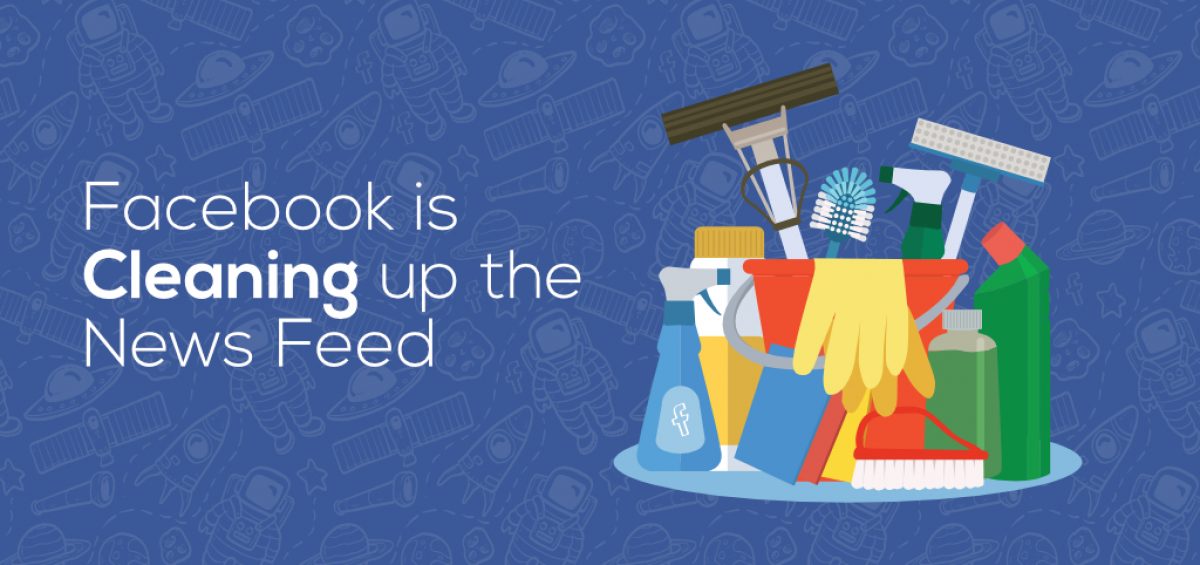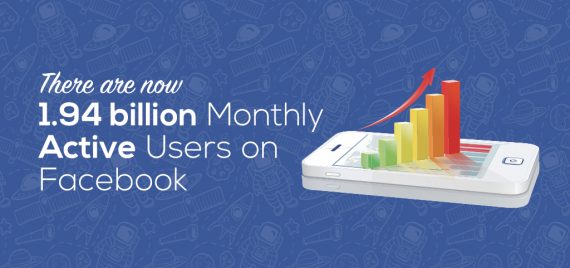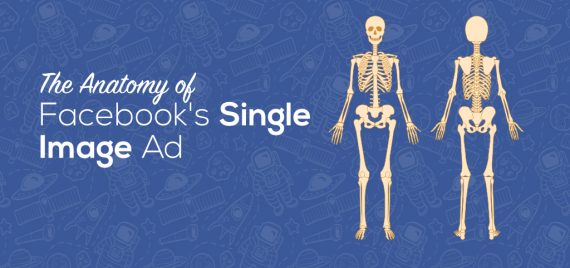Facebook has announced that it is working to reduce links to low-quality web page experiences and therefore help people build a more informed community on Facebook.
This means understanding which posts people consider misleading, sensational and spammy so they can show fewer of those and show more informative posts instead.
The Facebook community has complained and been heard that they’re disappointed when they click on a link that leads to a web page containing little content substance and covered in disruptive, shocking or malicious ads. People expect their experience after clicking on a post to be straightforward.
They announced that starting today; they are rolling out an update, so people see fewer posts and ads in the News Feed that are linked to these low-quality web page experiences. Similar to the work they are previously doing to stop misinformation, this update will help reduce the economic incentives of financially-motivated spammers.
A More Informative Experience
The policy has been in place since last year to prevent advertisers with low-quality web page experiences from advertising on our platform. Now, they are starting to increase the enforcement on ads and also taking into account organic posts in News Feed.
Facebook took the approach of reviewing hundreds of thousands of web pages linked to from Facebook to identify those that contain little substantive content and have a large number of disruptive, shocking or malicious ads.
They then used artificial intelligence to understand whether new web pages shared on Facebook have similar characteristics. If a post is determined to be linking to one of these types of low-quality web pages, it may show up lower in people’s feeds and may not be eligible to be an ad. This way people can see fewer misleading posts and more informative posts.
Will This Impact My Page or Ad Account?
These changes will roll out gradually over the coming months. Publishers that do not have the type of low-quality landing page experience referenced may see a small increase in traffic, while publishers who do should see a decline in traffic. This update is one of many signals Facebook will use to rank the News Feed so that the impact will vary by publisher, and Pages should continue posting stories their audiences.







